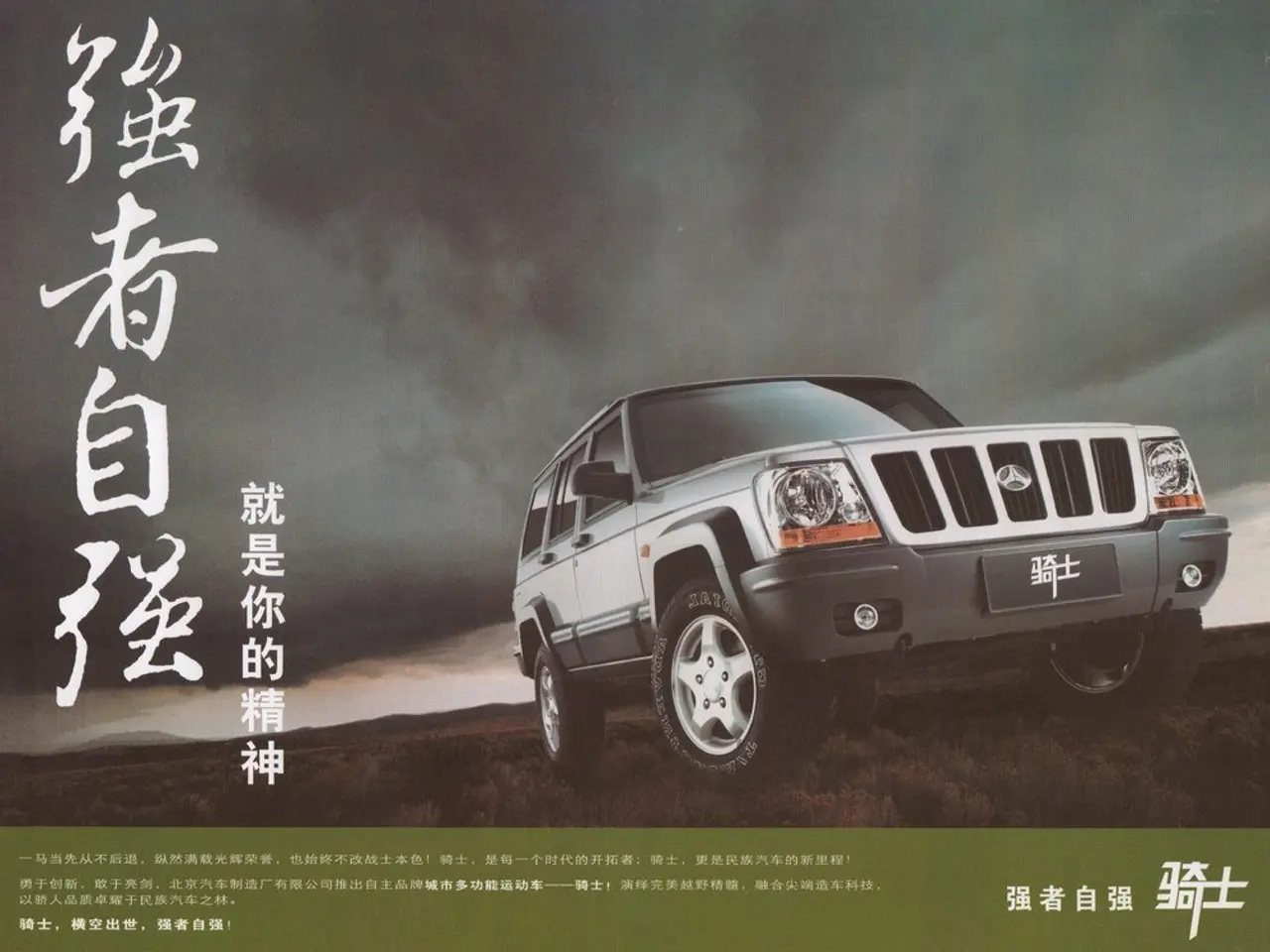Interpreting Names and Taiwan's Self-Identity
In the world of international relations, the choice of words and names can often carry significant weight. This is particularly true when it comes to the translation of foreign names and locations in the Chinese-speaking world, where Taiwan and China have chosen distinct transliteration methods due to their unique linguistic traditions, cultural identities, and political contexts.
Taiwan follows its own transliteration standards for Chinese names and places, often avoiding direct transliteration and favouring established systems such as Tongyong Pinyin or Wade-Giles. This contrasts with Mainland China's use of Hanyu Pinyin, based on Standard Mandarin pronunciation. This divergence is most noticeable in map labeling and official documents, reflecting Taiwan's separate language norms.
Culturally, Taiwan strongly maintains the use of Traditional Chinese characters, associating them with the preservation of national cultural identity. In contrast, Mainland China uses Simplified Chinese characters, a choice that Taiwan often views negatively due to their association with the Communist regime’s historical cultural changes during the Cultural Revolution.
Politically, the differences in translation and naming extend beyond linguistics. Taiwan refers to itself officially as the Republic of China (Taiwan) and uses naming conventions affirming this identity, whereas the People's Republic of China (PRC) asserts the “One China” principle, emphasizing the eventual reunification under its governance.
These cultural and political implications are far-reaching. Taiwan’s insistence on traditional characters and unique romanization systems is part of asserting its sovereignty and cultural independence, contrasting with Mainland China's homogenizing linguistic policies. The choice of translation and naming can also imply political stances, with using or rejecting certain systems serving as a subtle declaration of allegiance or opposition regarding cross-strait relations.
Moreover, Taiwan’s avoidance of Mainland simplifications is part of a broader effort to preserve what it sees as authentic Chinese culture against what it perceives as Communist ideological imposition. This struggle for linguistic independence is crucial in safeguarding Taiwan's capacity to name the world and interpret reality.
In the context of contemporary international news, the translation of foreign names or places is not just a technical matter of phonetic conversion, but a reflection of values, identity stances, and narrative frameworks. Beyond the differing renderings of the Chinese transliteration of Trump, there are also differences in the transliteration of geographic names such as New Zealand, Guatemala, and the Diaoyutai Islands.
Every choice of a translated name entails specific cultural stances and power relations within a given context. Linguistic laziness could lead to intellectual concession and ideological compromise. As a sovereign and independent society, Taiwan should view and describe the world in its own way, maintaining its linguistic independence to preserve its capacity to name the world and interpret reality.
[1] Lee Ta-jen, adjunct assistant professor at Shih Hsin University, lectures on international relations. [2] Andre Lefevere, translation theorist, views translation as a form of "rewriting", where the translator not only converts languages but also reconstructs texts, conveys perspectives, and recreates values. [3] For more information on the political implications of translation in the Taiwan Strait, see [Chen, 2018] and [Wu, 2020]. [4] For a comprehensive study on the linguistic and cultural aspects of the Taiwan Strait, see [Chang, 2016].
- The distinct transliteration methods used by Taiwan and Mainland China in the Chinese-speaking world not only reflect their linguistic traditions and cultural identities, but also their political contexts, as the choice of names can imply political stances regarding cross-strait relations.
- In the context of general news, the translation of foreign names or places is more than just a matter of phonetic conversion; it entails specific cultural stances and power relations, and Taiwan, as a sovereign and independent society, should maintain its linguistic independence to preserve its capacity to name the world and interpret reality.






